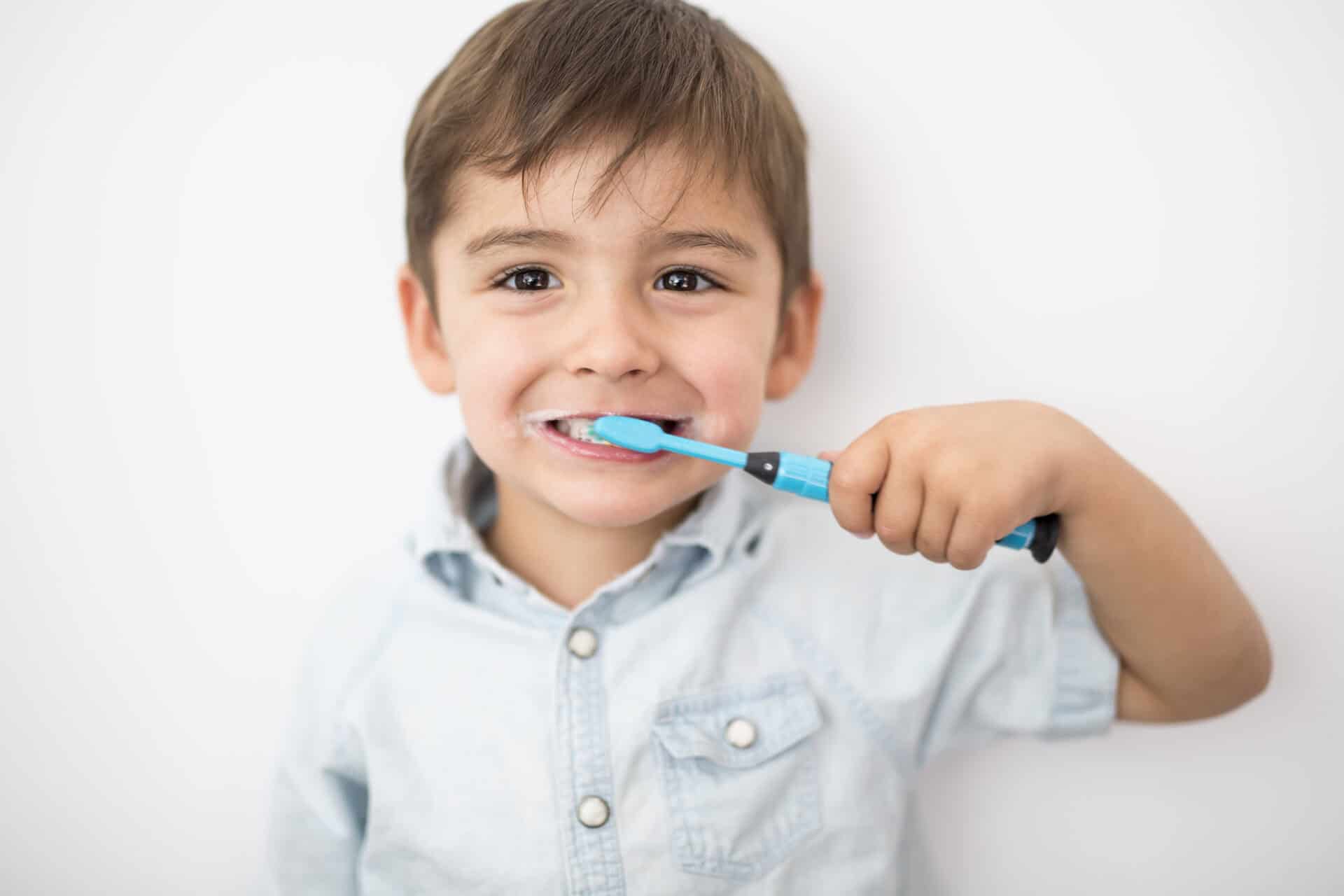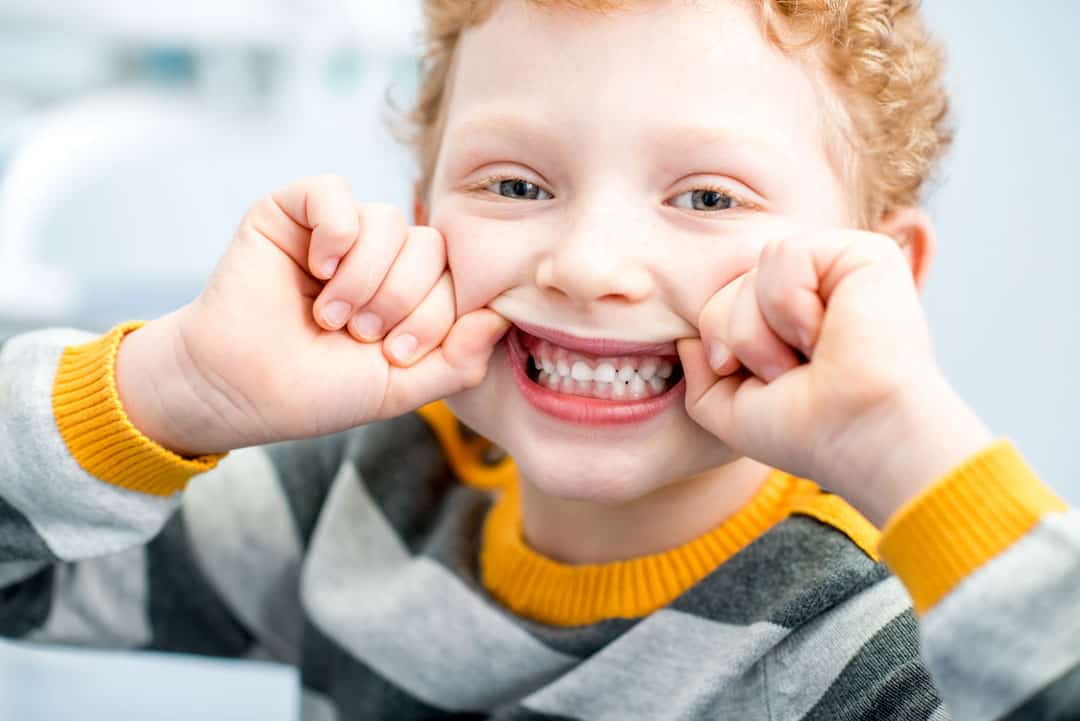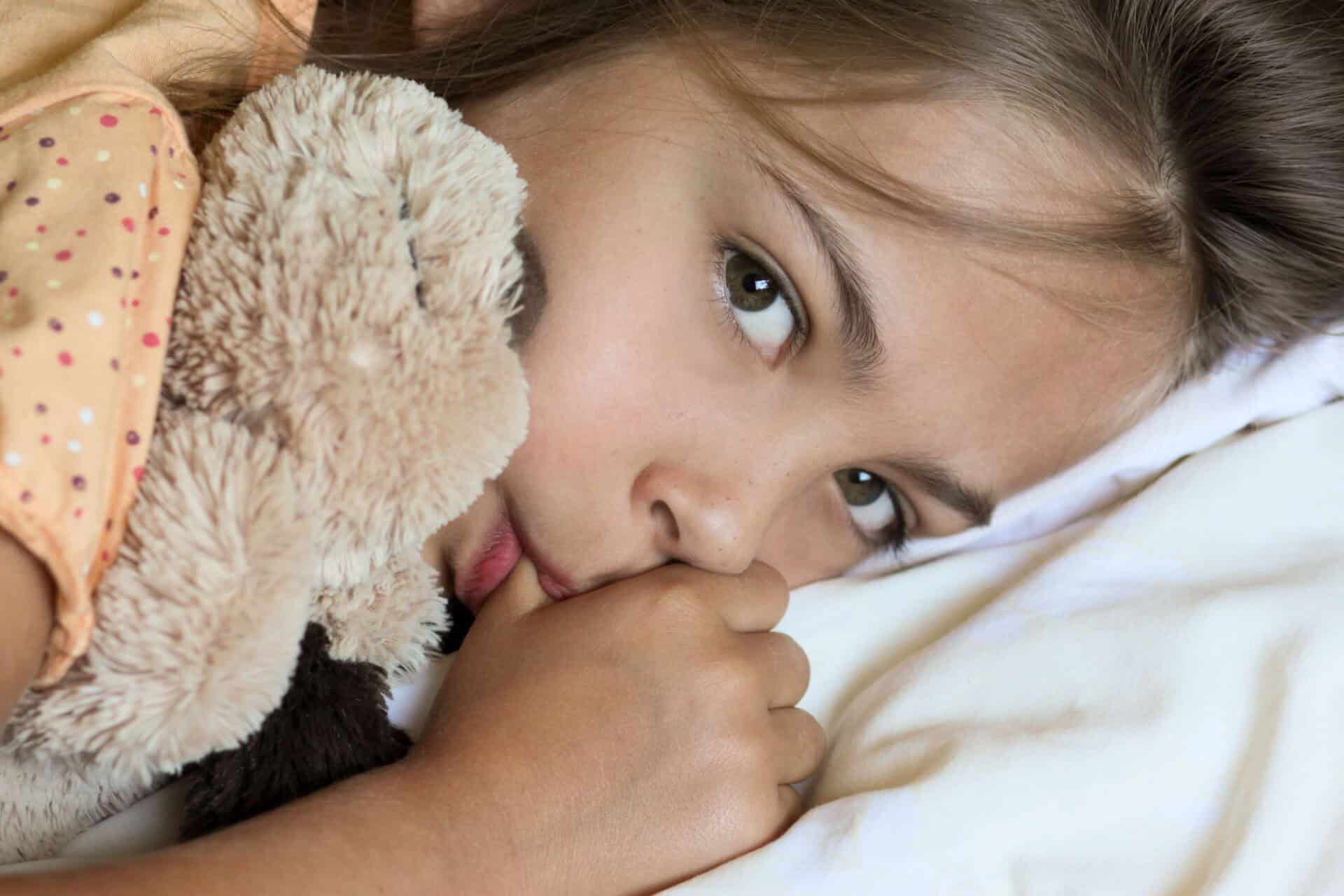Thumb sucking is a powerful attraction for many babies and toddlers: in fact, many ultrasound photos show little ones already engaged in the practice! For some kids, it is a habit that lasts well into the school-age years and is difficult to break: making them vulnerable to teasing and feelings of low self-esteem. But does thumb sucking really have an effect on children’s oral hygiene and even how their teeth come in? The short answer is yes. Here are some of the facts:
- Thumb sucking is generally not considered harmful to a mouth full of baby teeth
- Thumb sucking does become a concern by the time permanent teeth arrive
- It can cause an abnormal alignment of these permanent teeth, called malocclusion
- It can damage the structure of the roof of the mouth
- Thumb sucking is unhygienic and may result in more illnesses
- Malocclusions may cause speech problems such as lisping
- Although some malocclusions self-correct one thumb sucking is discontinued, for many children the correction to misalignment can only come through costly orthodontia
What You Can Do to Help
For obvious reasons, it is much easier for kids to break a pacifier habit than it is for them to “get off” the thumb since that digit is permanently attached to their hand! However, you seldom see adults thumb sucking so you know it’s not a forever kind of habit. For your child’s dental health, however, it is best for a parent to take active steps in gentle discouragement as soon as possible. You can:
- Put socks or gloves on a baby’s hands to keep him from sucking his thumb, especially at night
- Apply a safe but nasty-tasting topical solution (sold at pharmacies) to the thumb
- Give plenty of positive reinforcement to older kids when they DON’T suck
- Recognize that thumb sucking is usually the result of stress, and find other solutions to help your child deal with changes or stressors in his life
Belittling or mocking a child is not a constructive solution: it will just lead to more stress and more thumb sucking. So it’s important to remain positive. For more advice on ways to help your child kick the habit, consult your pediatrician or a quality Utah pediatric dentist like the professionals at Burg Children’s Dentistry.



